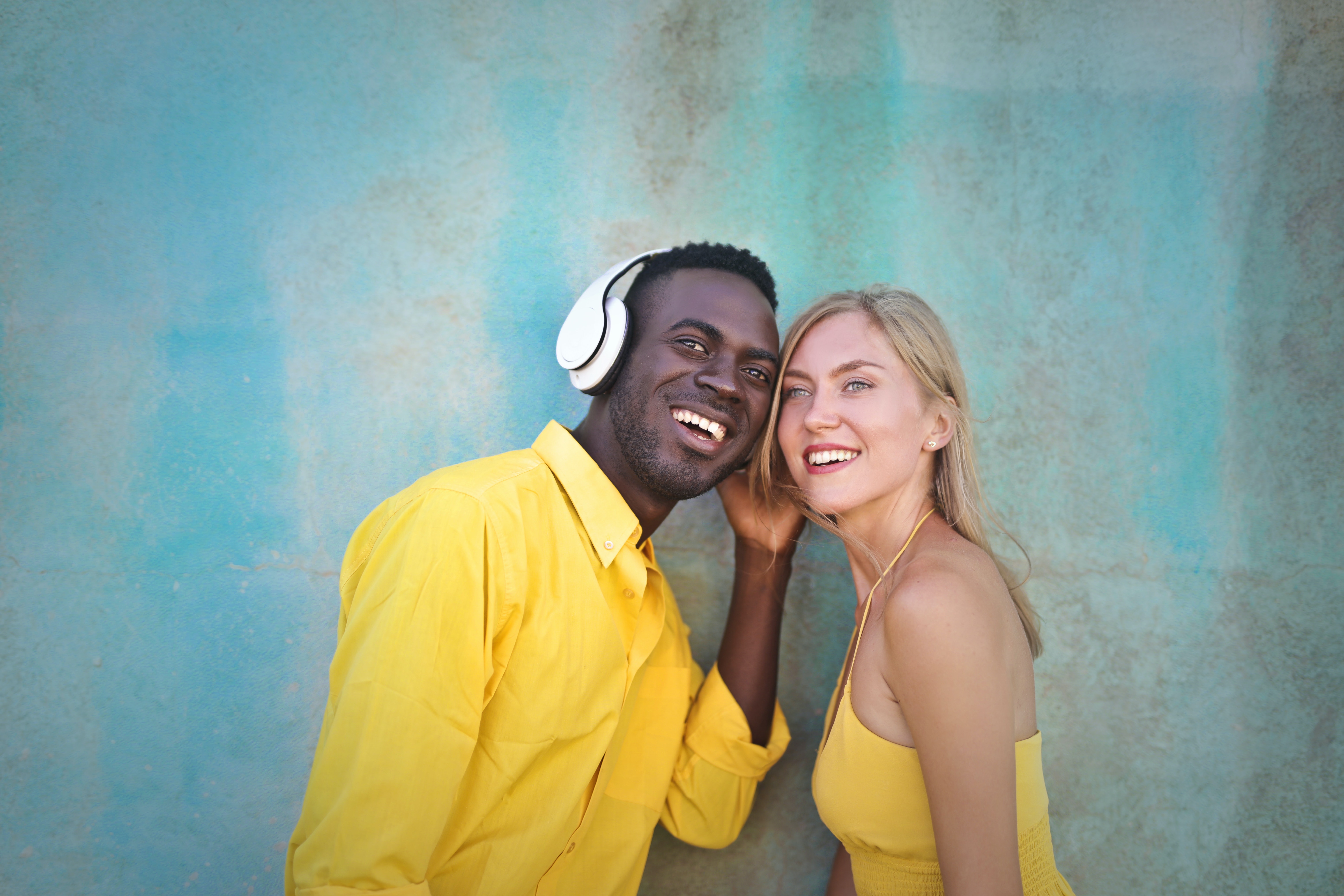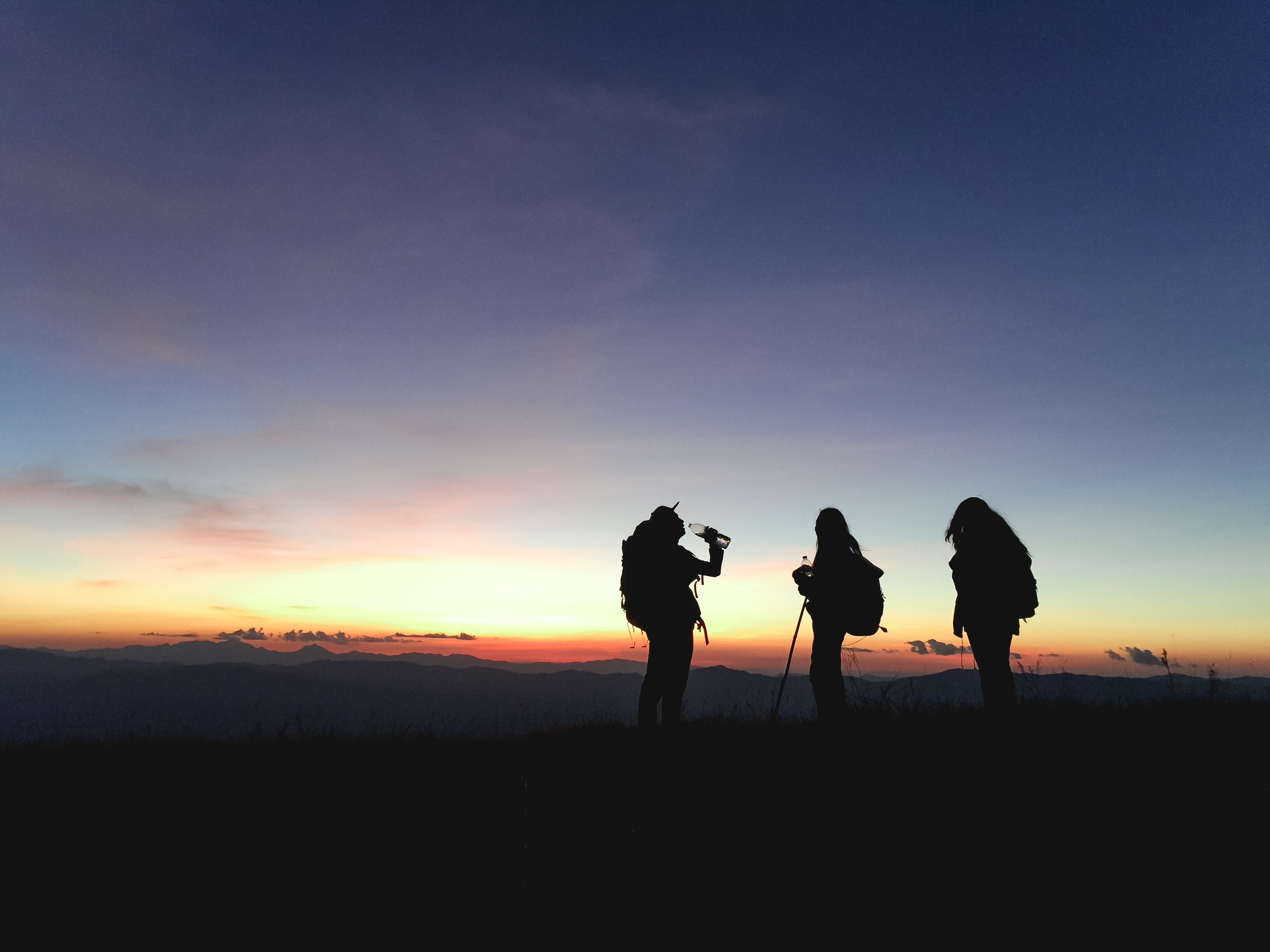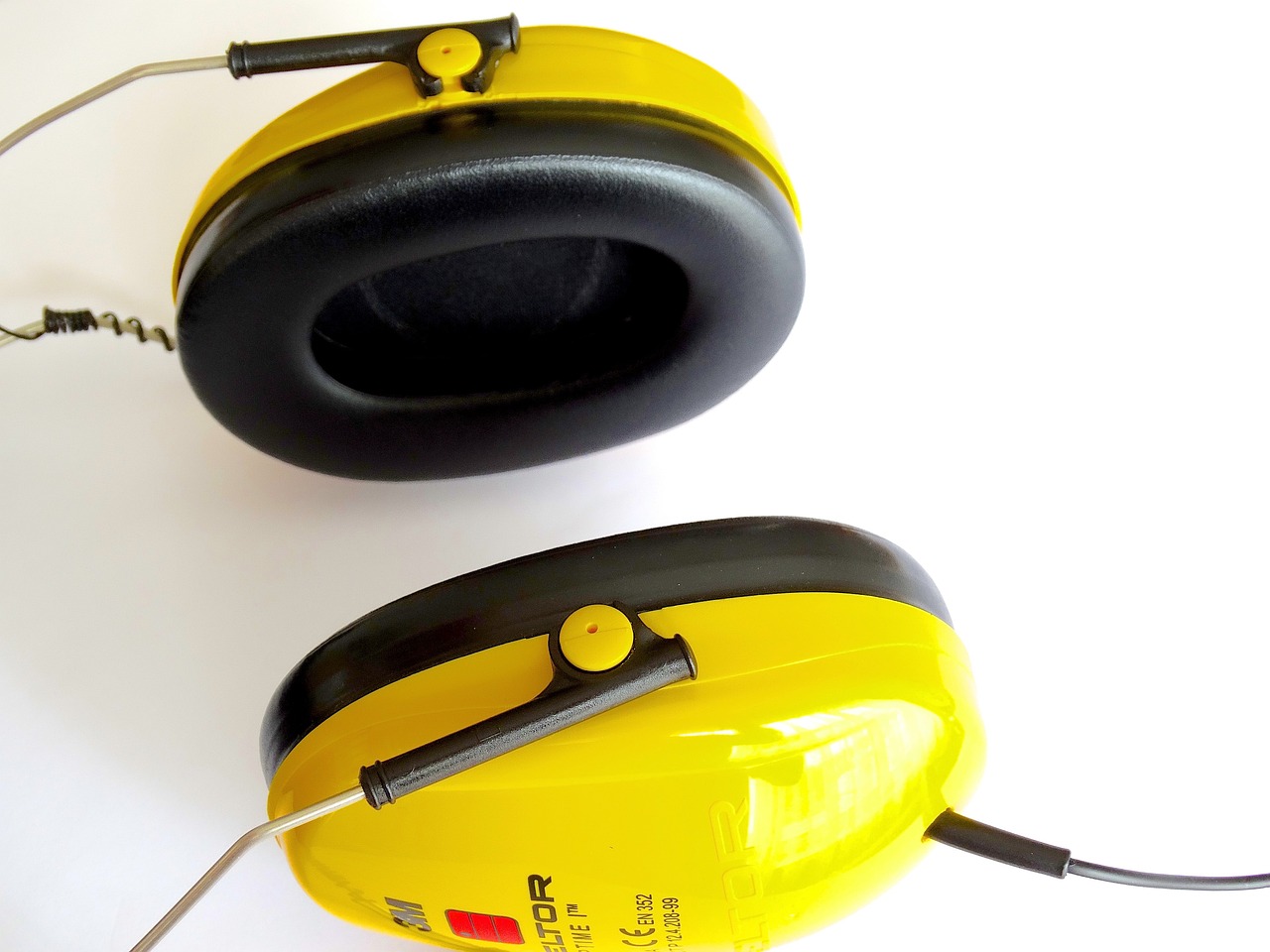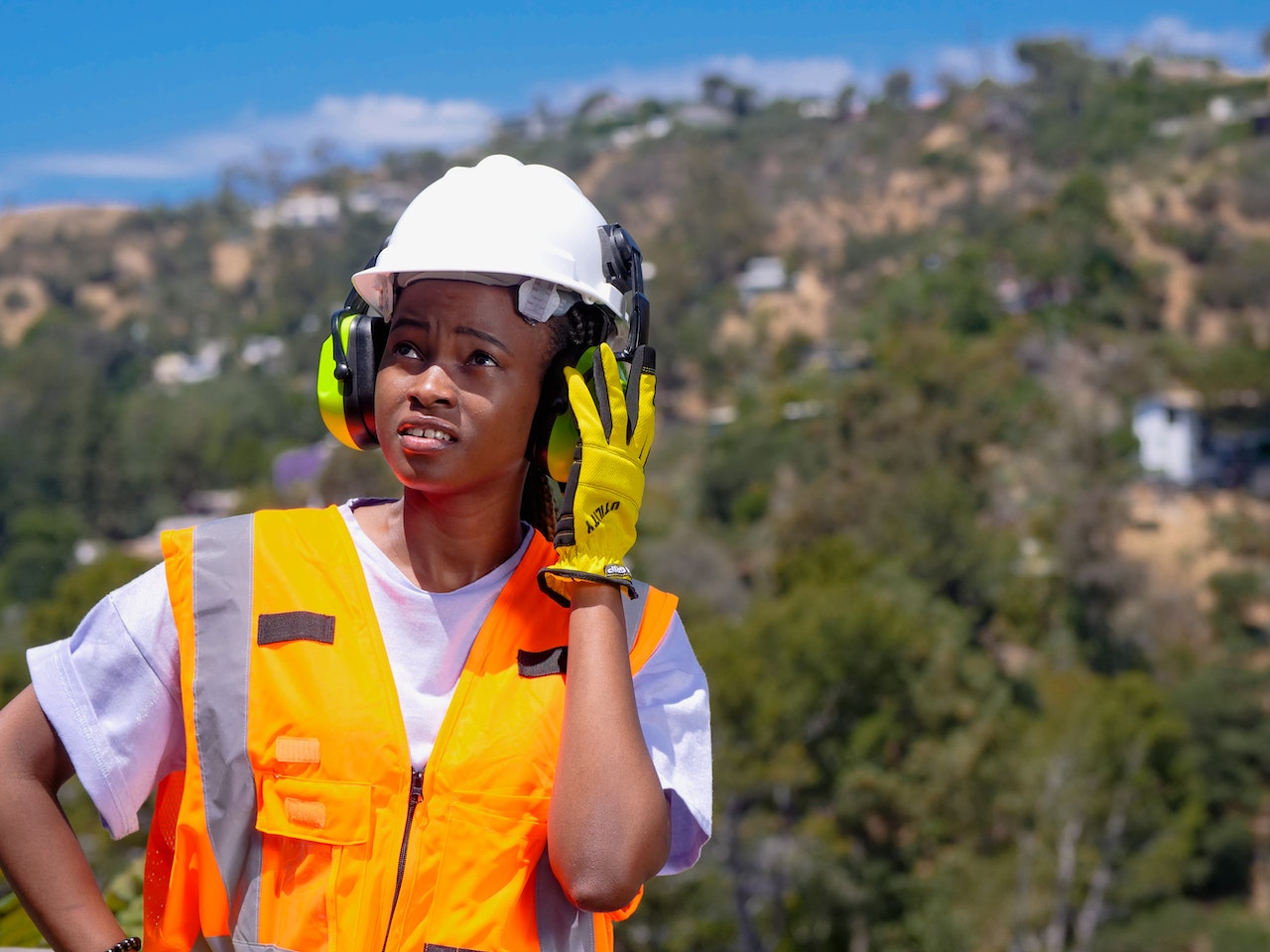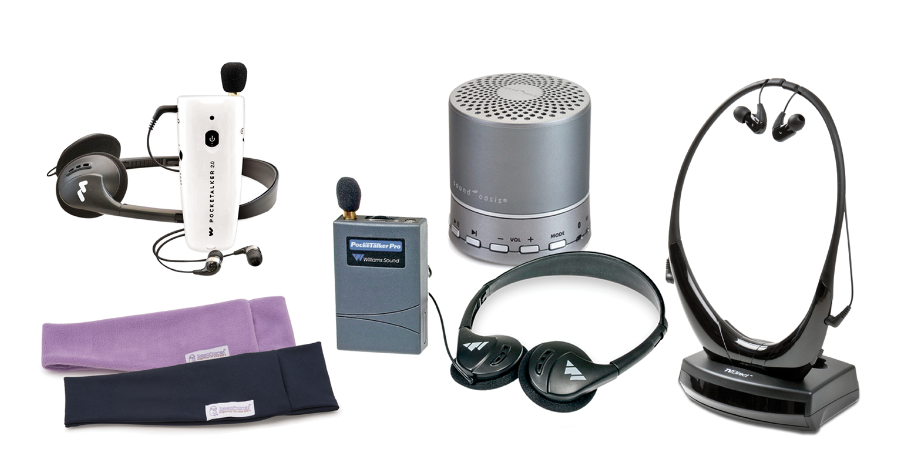What are the different types of hearing loss?
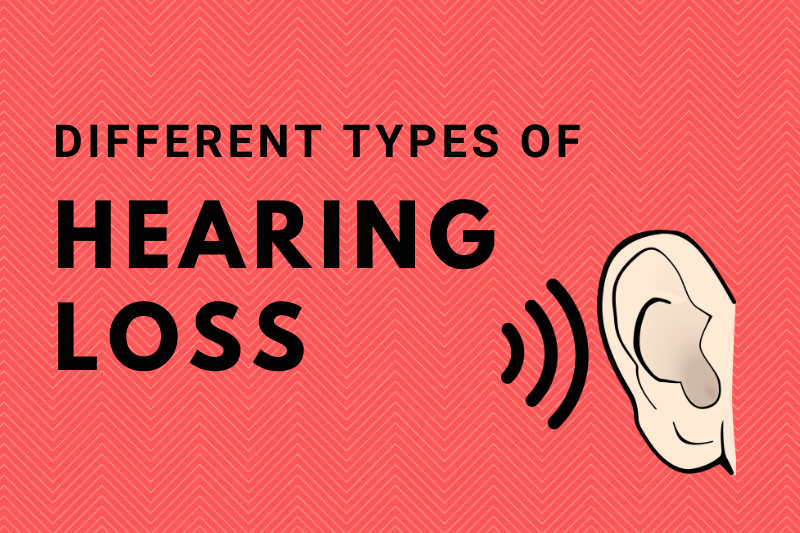
When we think of hearing loss, we usually think of noise-induced hearing loss caused by exposure to loud noises over time. But not all hearing loss is the same. Let's take a look into the different types of hearing loss, how it affects the ear, and what we can do about it.
For some, hearing loss is purely genetic. A mutated gene can cause hearing loss, which is why some babies are born deaf or hard-of-hearing. Unfortunately, this is hereditary and cannot be prevented like other types of hearing loss. Additionally, some hearing loss naturally occurs as we age. Presbycusis is the degeneration of the structures and functions of the inner ear and is most prevalent in elderly populations. As of right now, there is no cure for Presbycusis.
There are quite a few other factors that may result in hearing loss that aren't due to noise damage. Some diseases like Meniere's disease, meningitis, the flu, mumps, measles, chickenpox, and even severe jaundice can lead to hearing loss, temporary or permanent. Injuries to the ear can affect hearing, as well as reactions to medications, pressure changes, and chronic illness like diabetes, high blood pressure, and rheumatoid arthritis. Strokes and tumors may also affect hearing organs.
While of course maintaining a high degree of health may help prevent some of the above, they aren't 100% avoidable. Hearing loss caused by noise, though, is absolutely preventable.
According to the Mayo Clinic, one-third of people in the US between the ages of 65-75 have some degree of hearing loss. For those over 75, the number rises to half. But it's not just older people that are affected. We are bombarded with noise all day, everyday. Cars rushing by on the highway, lawn mowers and leaf blowers, jets flying overhead. Sirens, loud music, construction work. Even the sound of the blender for your morning smoothie or the TV on full blast with the nightly news can take a toll over time.
Noise-induced hearing loss doesn't happen overnight, although you may feel the effects shortly after attending a loud concert or working with power tools in the yard. Most of the time, noise-induced hearing loss happens gradually and depends on the type of sound environment someone is in, what their level of exposure is, and how long or how often they are exposed.
According to the Environmental Protection Agency, a safe noise level is at or below 70 dB, which is about the noise level of a dishwasher or vacuum cleaner. Keep in mind that sound + exposure + time = loss.
Anything above 70 dB is grounds for hearing damage, and thus, hearing protection is needed. This includes heavy city traffic, noisy clubs or restaurants, concerts, power tools, engines, sirens, firecrackers, firearms, jets taking off, and more. These range from 90-165 dB. The higher the decibel, the less exposure time before hearing damage occurs.
The good thing is that wearing proper hearing protection can prevent hearing loss from noise. Westone offers a myriad of choices when it comes to hearing protection, including both custom-fit earpieces and universal hearing protection devices. If you work with loud equipment or machinery, consider our DefendEar Max custom-fit earpiece. This style offers the highest noise reduction of any Westone DefendEar hearing protection earpiece.
Musicians and live music lovers may benefit from the TRU Custom Concert earpiece. In a pinch, our E-A-R Foam Earplugs can work as sufficient hearing protection and expand to the size and shape of the ear canal for a great fit.
Hearing protection is great and should be used in any loud environment, but always listen to your body as well. If your ears start to ring or sounds seem muffled, it's time to leave the noisy area. If you pay attention and protect your hearing now, you can enjoy the sounds you love - music, favorite shows, the voices of loved ones - for years to come.

